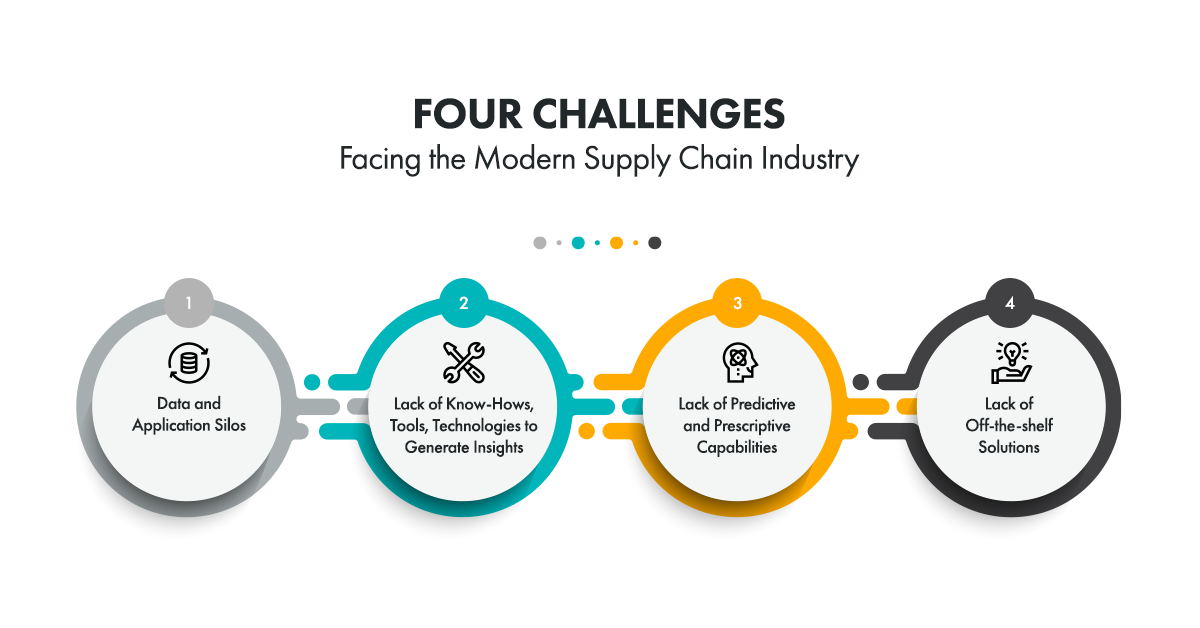Table of Contents
In the ever-evolving panorama of global trade, supply chain management plays a pivotal position in making sure the green float of goods and offerings. The integration of blockchain generation into supply chain processes has emerged as a progressive answer, addressing challenges related to transparency, traceability, and duty. This article explores the symbiotic courting among blockchain and supply chain, losing light on how this progressive generation is remodeling conventional models to create a extra transparent and traceable international supply community.
The Current Challenges in Supply Chain Management:

Traditional deliver chain structures are regularly marred by using demanding situations that impact efficiency, safety, and agree with. Key issues encompass:
Opaque Transactions:
Many supply chain tactics involve multiple stakeholders, making it hard to preserve transparency in transactions.
Complex Documentation:
Paper-primarily based completely documentation and manual document-retaining make a contribution to errors, delays, and a lack of real-time records.
Lack of Accountability:
Identifying duty for errors or problems within the deliver chain can be cumbersome, main to a loss of duty
How Blockchain Addresses Supply Chain Challenges:
Immutable Ledger:
Blockchain creates an immutable and apparent ledger in which all transactions are recorded in a constant and unchangeable manner. Each block includes a timestamp and a hyperlink to the preceding block, forming a sequence of blocks that cannot be altered retroactively. This guarantees a single model of the fact, decreasing disputes and discrepancies.
Smart Contracts:
Smart contracts, self-executing agreements with coded terms and situations, automate and implement contractual agreements inside the supply chain. This enhances efficiency, reduces the want for intermediaries, and guarantees that all events adhere to predefined regulations.
Traceability:
Every product or batch may be assigned a completely unique identifier recorded at the blockchain. This lets in stakeholders to hint the adventure of a product from its beginning to its very last destination. Consumers can verify the authenticity of products, and businesses can rapid emerge as privy to and address problems like recollects.
Decentralization:
Blockchain operates on a decentralized network of nodes, casting off a single factor of failure. This decentralized nature enhances the protection and resilience of the deliver chain, lowering the chance of cyber attacks and unauthorized get proper of access to.
Real-World Applications:
Food Safety:
Blockchain is increasingly used in the food industry to track the journey of meals products from farm to desk. This guarantees food protection by way of speedy figuring out and separating contaminated products, reducing the scope and impact of recalls.
Pharmaceuticals:
In the pharmaceutical enterprise, blockchain enables combat the proliferation of counterfeit pills. By recording the whole supply chain procedure, from production to distribution, it will become possible to verify the authenticity of drug treatments and guard clients.
Automotive Industry:
Automotive manufacturers use blockchain to hint the foundation and authenticity of spare components.This now not best reduces the risk of counterfeit parts entering the supply chain however additionally enhances the efficiency of recollects and protection.
Fashion and Luxury Goods:
Blockchain is employed to affirm the authenticity of costly gadgets and tune the deliver chain of favor merchandise. This no longer simplest protects customers from counterfeit products however moreover promotes sustainable and moral sourcing practices.
Challenges and Future Developments:
While the integration of blockchain into deliver chain management brings great advantages, demanding situations and regions for improvement persist:
Integration Complexity:
Implementing blockchain solutions requires collaboration among various stakeholders, every with its very own systems and techniques. The complexity of integration remains a assignment.
Scalability:
As blockchain networks enlarge, scalability becomes important. Current blockchain infrastructures ought to evolve to accommodate the developing needs of an interconnected worldwide supply chain.
Standardization:
The loss of standardized protocols and frameworks poses a venture for the interoperability of numerous blockchain answers. Establishing industry-wide standards is vital for seamless integration.
Educational Barriers:
Stakeholders may additionally face a gaining knowledge of curve in adopting blockchain generation. Education and consciousness tasks are necessary to facilitate a easy transition and encourage great adoption.
Evolving Dynamics and Industry Adoption:
As blockchain technology continues to mature, its adoption in the deliver chain is witnessing improved momentum. The attention of its capability has spurred collaboration among enterprise leaders, era developers, and regulatory our bodies. Companies throughout numerous sectors are spotting the benefits of incorporating blockchain into their deliver chain structures, leading to pilot packages and big-scale implementations.
The fashion enterprise, for instance, is utilising blockchain to make certain that products are ethically produced and sourced. By tracing the supply chain of clothing, customers can make informed choices, supporting brands committed to truthful labor practices and environmentally friendly manufacturing.
Moreover, the mixing of Internet of Things (IoT) devices with blockchain adds any other layer of facts to the deliver chain. Smart sensors and gadgets can provide real-time data at the condition and region of merchandise in the course of transit. This no longer handiest complements visibility however also allows proactive choice-making, reducing the risk of spoilage or damage to goods.
The Future Landscape:
Looking in advance, the evolution of blockchain technology in the deliver chain is poised to triumph over present day challenges and redefine industry standards. Collaborative efforts are underway to establish not unusual protocols and interoperable frameworks, addressing the problem of standardization.
As blockchain becomes more scalable and consumer-friendly, smaller organizations in the deliver chain surroundings will discover it more and more accessible. This democratization of technology guarantees that the benefits of blockchain are not restricted to large organizations however enlarge to the whole spectrum of stakeholders.
Additionally, improvements in artificial intelligence (AI) and gadget getting to know (ML) are being incorporated with blockchain to in addition optimize deliver chain processes. Predictive analytics, call for forecasting, and automatic decision-making becomes more correct and green, developing a supply chain that isn’t always best obvious but additionally adaptive and responsive to dynamic marketplace situations.
For More Information Please Visit These Websites Viprow And Redgif


No Comments
Greetings! Very helpful advice on this article! It is the little changes that make the biggest changes. Thanks a lot for sharing!